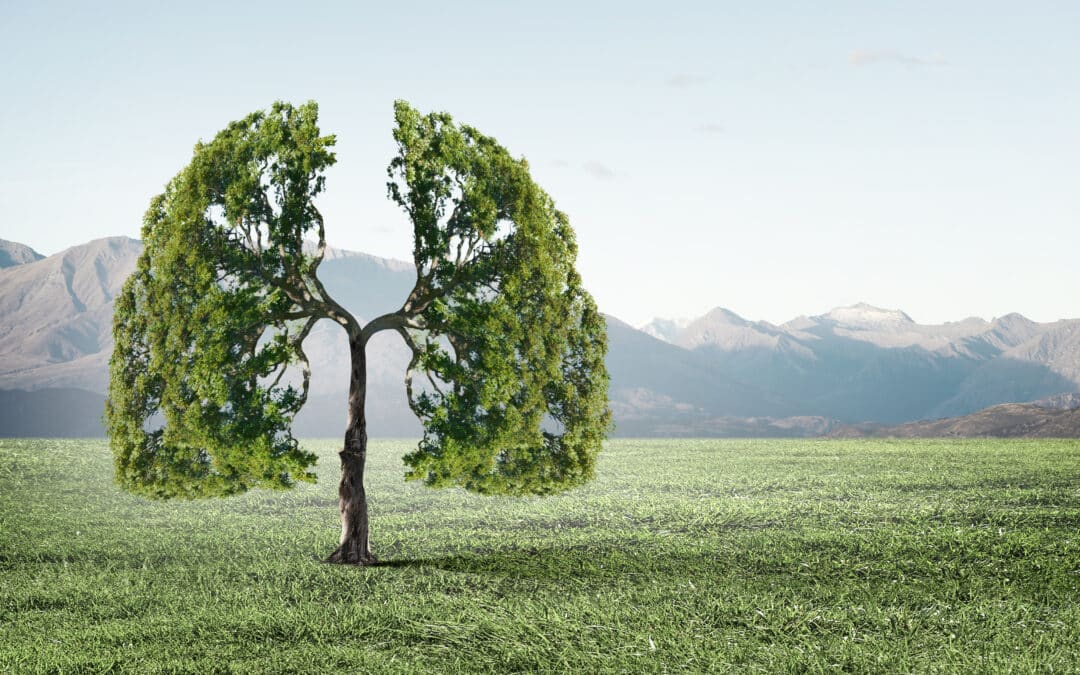
World Allergy Day is celebrated on July 8th. It is a joint initiative of the World Health Organization (WHO) and the World Allergy Organization (WAO) to raise awareness of the importance of treating and preventing allergies.
We at Norameda focus on educating the public so that everyone receives the correct and timely information and, if necessary, appropriate treatment. For your attention, the interview with the allergist and clinical immunologist Ana Kozlovska on seasonal allergies.
According to the specialist, plant pollen is the leading cause of seasonal allergies. Trees are the earliest to flower. Later, in late spring and early summer, grass pollen starts to increase, as well as grain pollen. In mid-summer, weed pollen takes over the cascade.
“Unfortunately, children and adults allergic to pollen are troubled to enjoy the outdoors or the sun during the warm season. Pollen makes them runny, sneezy, itchy, watery-eyed, and unwell. Their mood and well-being only improve when it rains, and the pollen is washed down,” says A. Kozlovska.
People allergic to pollen suffer from difficult breathing, nasal dripping, sneezing, itchy nose, coughing, sniffling, and watery eyes. These symptoms are not dangerous to health, but they reduce the quality of life, education, and work performance.
Dr Kozlovska advises how to enjoy the outdoors when you know an invisible enemy is waiting outside your window: “If you are symptomatic, take symptomatic medicines. Antihistamines reduce sneezing, itching, and dripping secretions by lowering histamine levels in the body. One should choose the medicament that does not suppress, does not wake, and effectively reduces histamine levels and inflammation”.
Another commonly prescribed medicine for allergic rhinitis is an intranasal, topical corticosteroid. It relieves nasal and eye symptoms by reducing inflammation of the mucous membranes.
“You should also wash your hands, face, and hair and change your clothes when you return from the outdoors, as we bring pollen into the house from the outdoors,” says the allergist.
But sometimes, more than these measures are needed.
If the symptoms are severe, symptomatic medicines are ineffective or frequently needed. Allergen-specific immunotherapy may be appropriate if you don’t want to take symptomatic medications all season.
“This treatment accustoms the body to the allergen. When the pollen season arrives, your body will react less strongly to the irritant, and less symptomatic medication will be needed. For some people, immunotherapy delays symptoms for several years. Allergen-specific immunotherapy can be started with children from the age of 6,” says A. Kozlovska.
